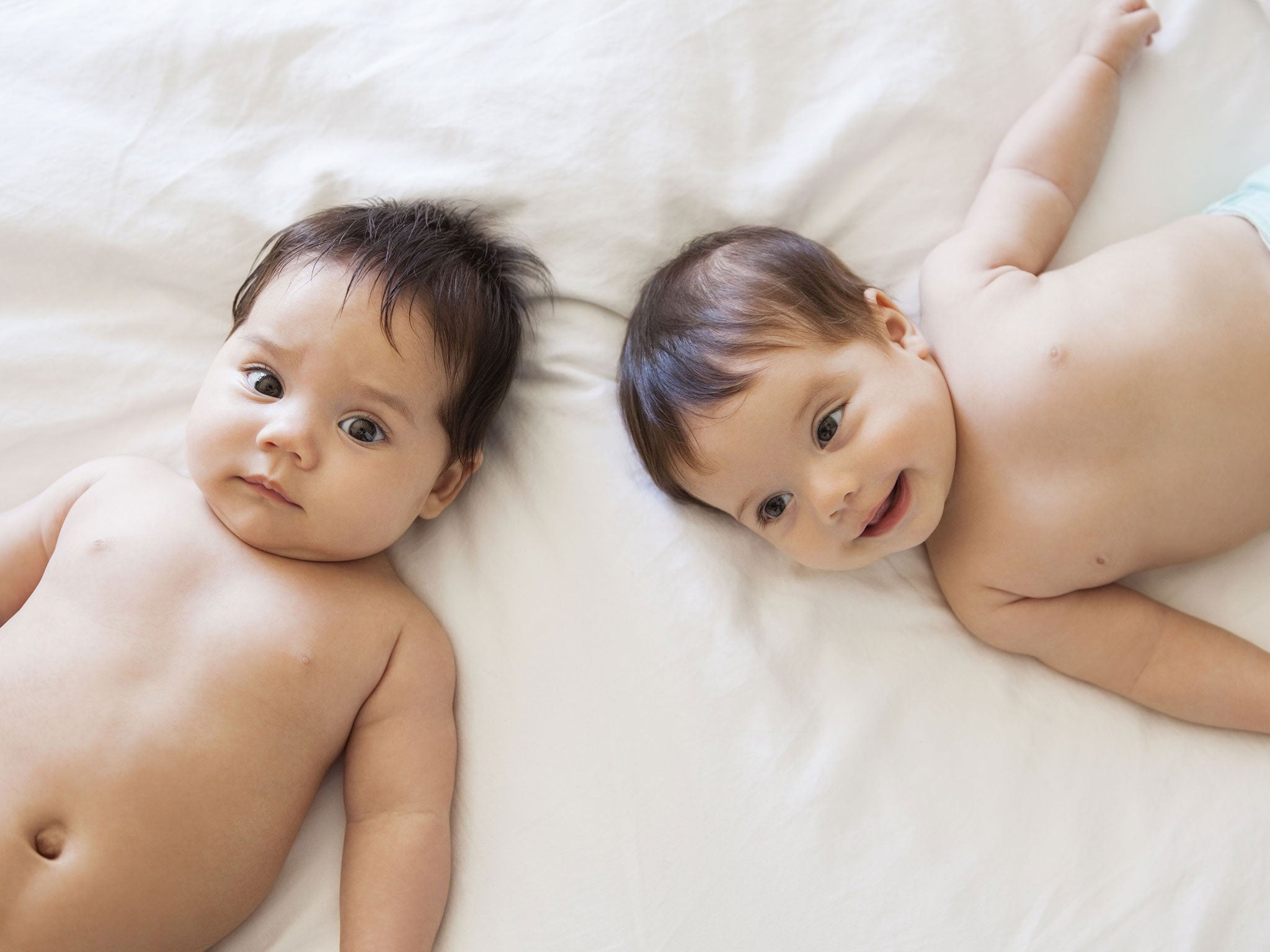Big babies 'more likely to become autistic' while smaller babies have greater schizophrenia risk, study claims
Danish study covered 1.7m births

Bigger than average babies are more likely to develop autism, and smaller babies have a greater risk of schizophrenia, a new study has claimed.
In a major analysis of more than 1.7m births in Denmark, researchers said they were “startled” by how clear the correlation was between high birth weight and body length and increased risk of autism.
Larger babies also had a lower risk of schizophrenia. Intriguingly, the effect was reversed in babies below the average size – who had high schizophrenia risk and low autism risk.
The findings suggest that some of the genetic factors which influence birth size may play a part in influencing an infant’s mental development, and that the same factors may be at play in the genetic origins of both schizophrenia and autism.
Risk of both conditions was however high for very small babies, because of previously observed risk factors associated with premature birth.
Researchers from the University of Copenhagen and the University of Yale carried out the study, which is published in Proceedings of the Royal Society B today.
The increased risk of autism in larger babies was small – for example, newborns who were 2cm taller than the Danish average of 52cm had a 20 per cent increased risk of autism – a rise from a 0.65 per cent absolute risk to a 0.78 per cent absolute risk.
However, the findings reinforce those of a previous study of Swedish births carried out at the University of Manchester, which suggested that very large newborns – above 9lb14 – had a 60 per cent greater risk of developing autism.
The researchers behind the new paper hypothesised that variations in birth size and risk of both autism and schizophrenia might all be influenced by "genomic imprinting" – an evolutionary theory which suggests that during development in the womb, some genes inherited by the mother are expressed differently to those inherited from the father.
“It’s quite likely that these imprints that cause either heavier babies or lighter babies are doing parallel things to the infant brain as it grows up,” said Professor Jacobus Boomsma, of the University of Copenhagen’s department of biology. “Exactly how that works mechanically on a genomic level we have no idea, but that is what the theory predicted and what the evidence here supports.”
Subscribe to Independent Premium to bookmark this article
Want to bookmark your favourite articles and stories to read or reference later? Start your Independent Premium subscription today.

Join our commenting forum
Join thought-provoking conversations, follow other Independent readers and see their replies